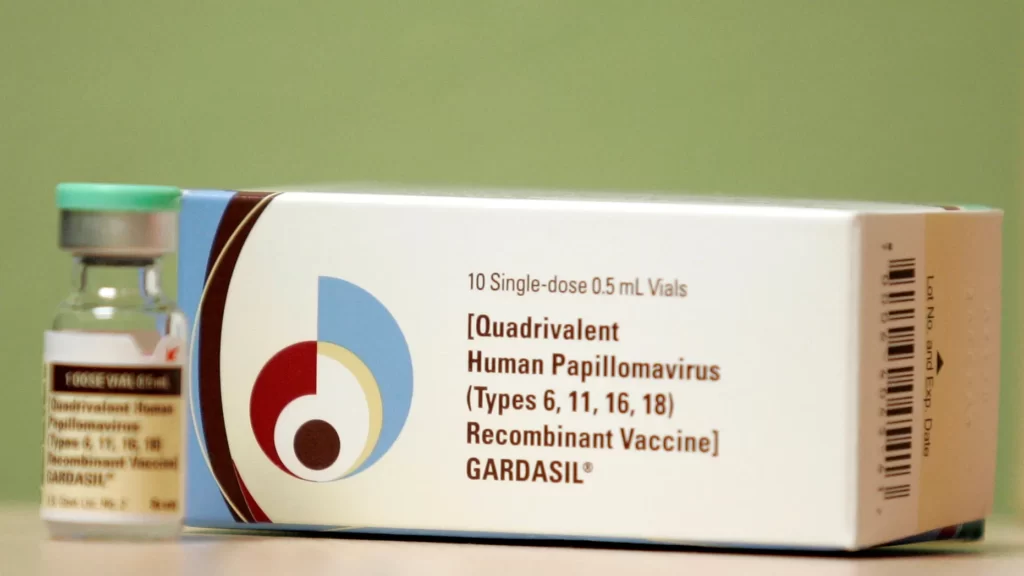The Ogun state government has unveiled plans to vaccinate approximately 500,000 teenage girls against the Human Papillomavirus (HPV), a primary cause of cervical cancer.
The Ogun state coordinator for the National Primary Health Care Development Agency (NPHCDA), Victoria Adebiyi, disclosed this on Tuesday during a media orientation session on HPV vaccination in the state.
Adebiyi emphasized that the vaccination campaign, scheduled to begin on October 24, aims to curb the prevalence of cervical cancer among teenage girls in the state. Each girl aged nine to 14 will receive a free single dose of the Gardasil HPV vaccine.
The vaccination process will occur at all government-owned health facilities and temporary fixed locations, including markets, schools, religious centers, and communities.
“The campaign spans five days across the 20 local government areas (LGAs) of the state, and during this period, teenage girls aged 9 to 14 will be administered the HPV vaccine,” Adebiyi stated.
She added, “Following the five-day campaign, HPV vaccination will become a routine for girls starting from nine years of age. This implies that every girl aged nine and above will receive the vaccine at public health facilities.”
The Executive Director of NPHCDA, Dr Faisal Shuaib, had previously announced the rollout of lifesaving HPV vaccines to safeguard teenage girls from cervical cancer and related diseases.
Dr Shuaib confirmed that the vaccines will be distributed to different states in stages to ensure that all teenage girls between nine and 15 years of age are protected against HPV.
“HPV vaccination is not just a medical advancement; it is a testament to our unity in preserving the sanctity of life,” Shuaib remarked.
Cervical cancer, a prevalent type of cancer affecting the cervix in women, ranks as the fourth most common cancer globally among women. In 2018 alone, it was responsible for an estimated 311,000 deaths worldwide.
Research from The Lancet also predicts that more than 44 million women worldwide are at risk of developing cervical cancer between 2020 and 2069.
The study warns that deaths from cervical cancer will surge by an additional 50% by 2040, leading to far-reaching impacts on women, their families, and communities.
While the precise causes of cancer remain unknown, 14 out of 100 known strains of the Human Papillomavirus (HPV) have been identified as the culprits behind at least 99% of cervical cancer cases.


